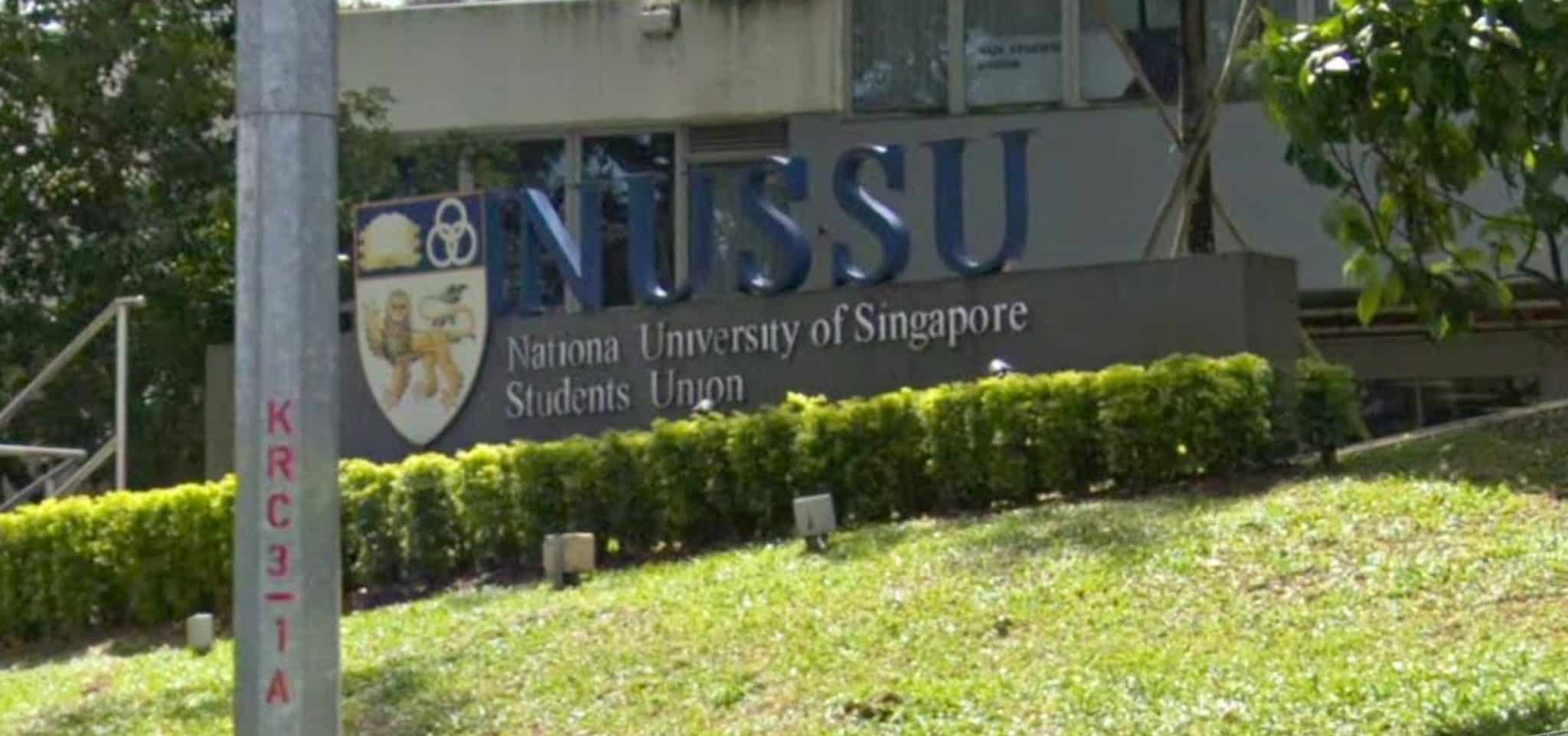On Monday (22 April), Senior Minister of State for Law and Health Edwin Tong said that a new appellate court may be established to assist the current Court of Appeal with its caseload as it has increased by more than 50 per cent in the last five years.
In order to curb this problem, Mr Tong said that the Supreme Court must be restructured and the government is looking at its options.
The total number of civil and criminal cases brought to the Court of Appeal shot up by 56 per cent to 490 last year, compared to only 314 cases 2013, as Singapore positions itself as an international hub for dispute resolution services, the Minister explained.
Although initiatives like increasing the number of High Court judges sit on the Court of Appeal and up the number of sitting days have been implemented in the interim, a “more permanent” solution is needed, noted Mr Tong during his keynote speech at the two-day Litigation Conference organised by the Law Society of Singapore.
As such, many options are being studied by the Ministry of Law in order to permit appeals from High Court to be shared between two appellate courts and for judges to sit in the new court.
However, the Court of Appeal will still remain as the apex court of the land where it will main look at cases that most likely to have “substantial consequences” to individuals or society, issue the Court of Appeal’s control and oversight of lower courts and tribunals, as well as concern the general administration of justice like things relating to the Constitution, criminal matters, contempt of court and the Singapore International Commercial Court.
Apart from this, other appeals from the High Court will be heard by the appellate court, Mr Tong said. But, he noted that a mechanism will look at appeals that do not fit under these categories but satisfy other criteria, to be heard by the Court of Appeal directly, without giving much explanation on it.
Nonetheless, further appeals to the Court of Appeal by cases heard by the new appellate court can also be allowed, under strict requirements in order to emphasise “the fact that the matter has already been considered by appellate court”.
“A further appeal to the Court of Appeal should therefore only be permitted for deserving matters, for example where the appeal raises an arguable point of law of general public importance,” said Mr Tong, adding that more details will be explained in the near future.






